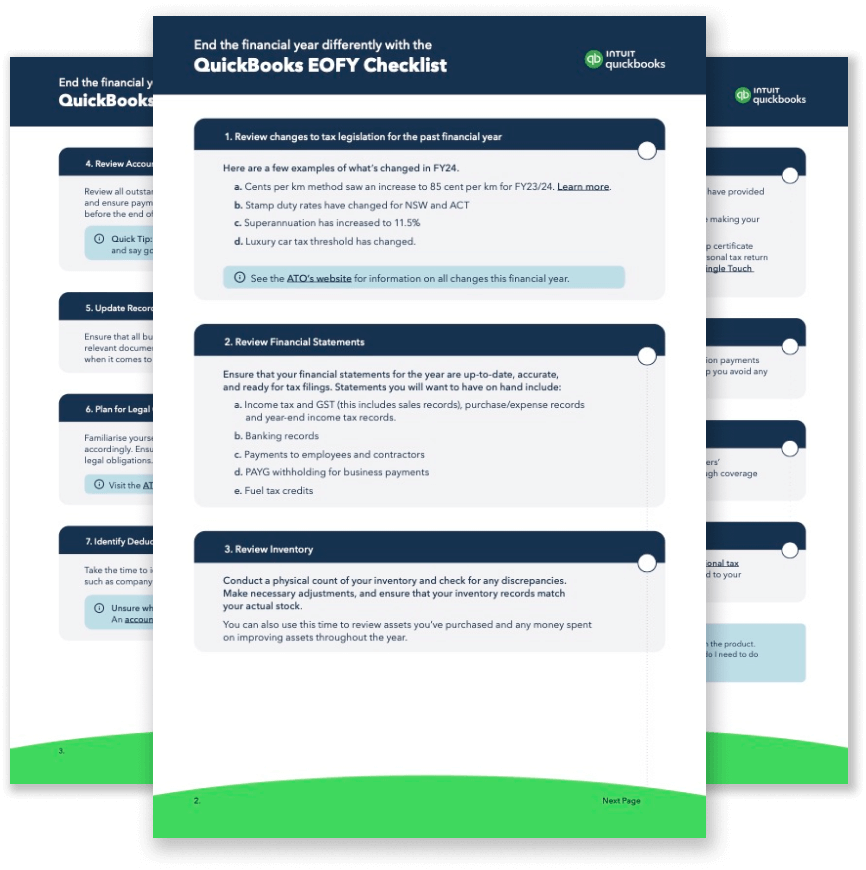What is Write-Off?
Write-Off (Definition)
A write-off is when the value of an asset is written down and removed from the books. When this happens, it loses all its monetary worth. For example, if a piece of equipment is no longer working, a write-off might be necessary. To write off the asset, you must reduce the asset's value in your company's records to zero. To be eligible for a write-off, you must be able to establish that a certain asset of your company has no market worth.
On the other hand, a write down is where an asset’s value is decreased to make it less valuable. For example, when assets are held for a long period of time, their value might drop. While the object may still have some value, it is worth less than it was when it was first purchased.
Write-off can refer to different types of transactions in accounting and finance. Here are some common examples:
- Bad debt write-off: When a company sells goods or services on credit and the customer fails to make the payment, the company may write off the outstanding amount as bad debt. This means that the company no longer considers the amount as a receivable asset and removes it from the accounts receivable balance.
- Depreciation write-off: When a company owns a long-term asset such as machinery, building or equipment, it is required to record the depreciation or wear and tear of the asset over its useful life. The depreciation expense can be claimed as a tax deduction and reduces the taxable income of the company.
- Inventory write-off: When a company holds stock of goods that are unsellable or damaged, it may write off the value of those items as an expense. This reduces the value of the inventory asset on the balance sheet and reduces the net income of the company.
- Trademark or patent write-off: When a company owns an intangible asset such as a trademark or patent that has expired or become obsolete, it may write off the remaining value of the asset as an expense. This reduces the value of the intangible asset on the balance sheet and reduces the net income of the company.
Overall, a write-off is a way for a company to reduce the value of its assets or expenses, which can reduce the tax liability or improve the financial statements. However, write-offs should be made in accordance with accounting rules and regulations, and should be supported by proper documentation.









